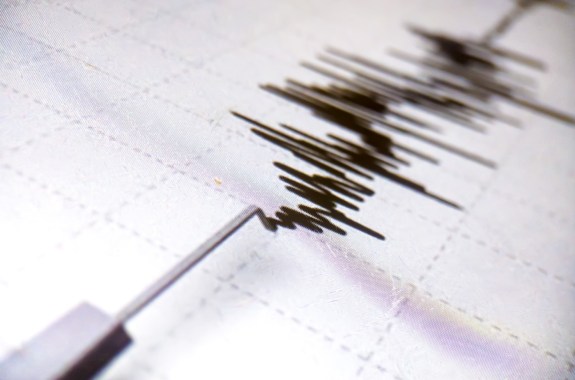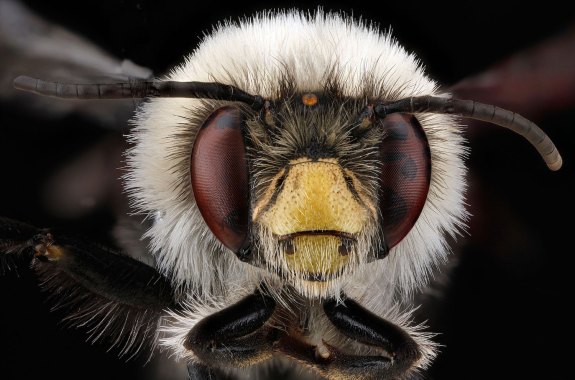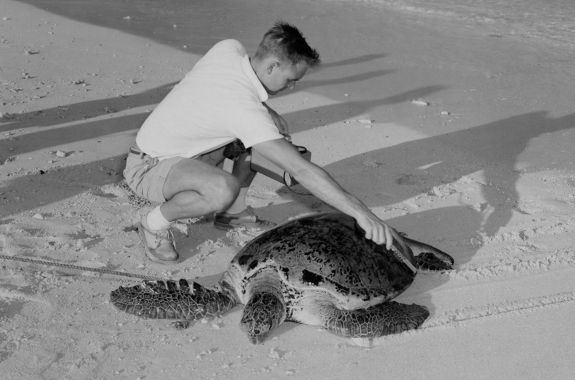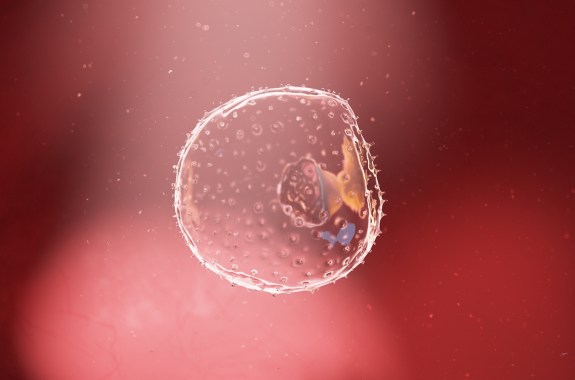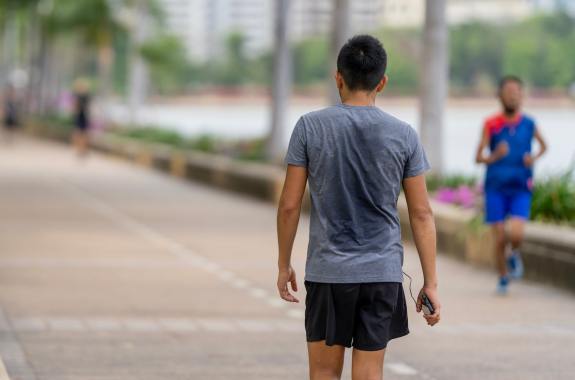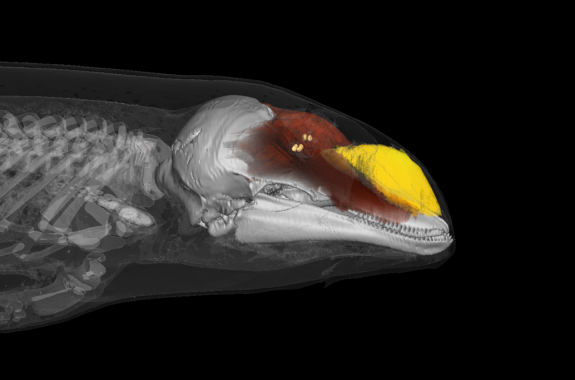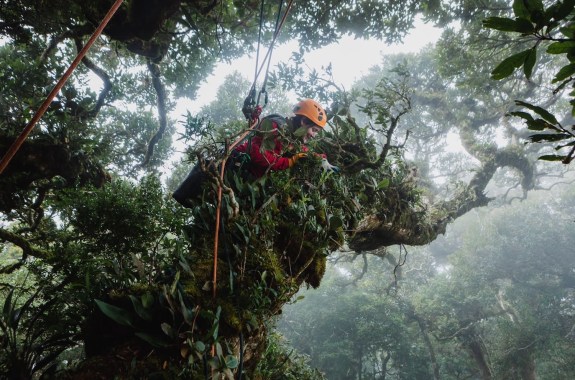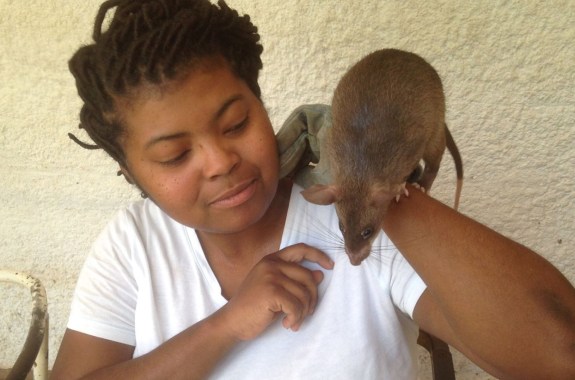Radio
Listen to Science Friday live on Fridays from 2-4 p.m. ET
February 21, 2025
The CEO of one of America’s oldest scientific societies discusses the recent cuts to scientific institutions, and how scientists can respond. Plus, flu infections are the highest they’ve been in nearly 30 years, and flu deaths this winter have surpassed COVID deaths. And, a video of a gloriously creepy anglerfish inspired tears and poetry online.
5:44
The Psychology Behind Wide Receivers’ Jersey Numbers
A new study explains why wide receivers on professional football teams feel slimmer and faster when they wear smaller numbers.
12:19
New COVID Boosters Arrive Amid Rise In Infections
Three new vaccines will be available this fall to address COVID, the flu, and RSV. Here’s how you can stay safer in the coming months.
17:30
The Science Behind Devastating Earthquakes
The recent 6.8 magnitude earthquake in Morocco left thousands of people dead, injured, or lost.
16:54
The Buzz On Native Bees In Your Neighborhood
Around 4,000 species of bee are native to the US, playing an unsung role as pollinators.
17:26
What Radioactive Animals Teach Us About Nuclear Fallout
Measuring cesium in wild boar and uranium in turtles sheds light on how radioactive materials travel through the environment.
11:58
Scientists Develop Human Embryo Model Without Sperm Or Eggs
Their findings may allow scientists to study embryonic development more closely and better understand things like miscarriage and genetic diseases.
24:42
Sweating Is Our Biological Superpower
Sweat gives us so much more than a smell, thanks to the cool chemistry of this vital bodily fluid.
10:15
Vocal Fry Serves Up Treats For Toothed Whales
A new study shows the creaky voice effect some people love to hate is important for echolocation in the deep ocean.
12:09
Where Soil Grows Above The Trees
Canopy soil builds up over decades in the nooks and crannies of old trees. How does it get there?
16:27
‘I Will Not Be Vole Girl’—A Biologist Warms To Rodents
From land-mine sniffing rats to to the mice in your backyard, biologist Danielle Lee is asking big questions about how ecology shapes behavior.


